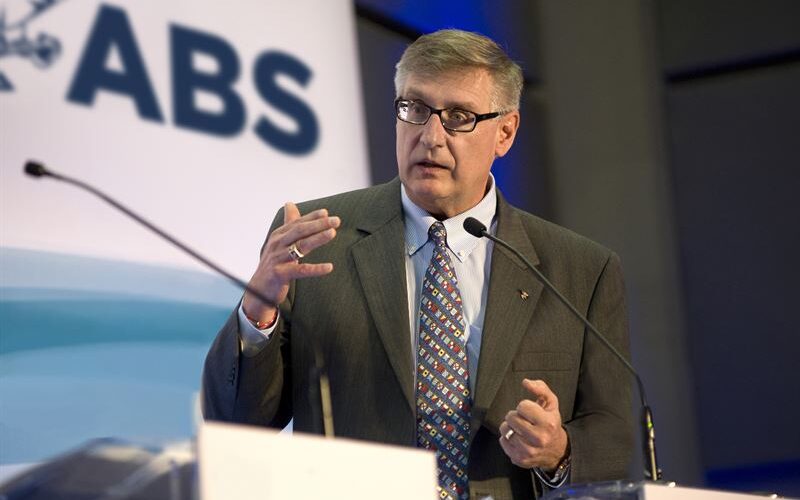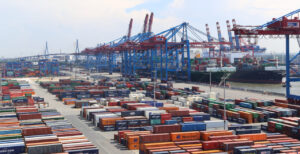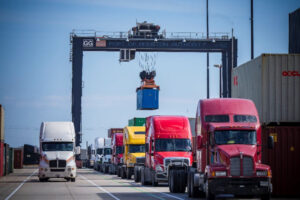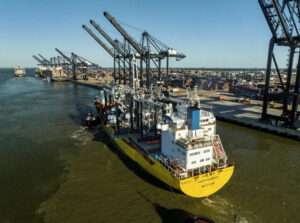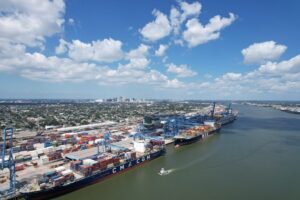The American Bureau of Shipping (ABS) has predicted a global carbon tax on shipping as alternative blue fuels with carbon capture as a key component of the energy shift at sea.
During the CERAWeek energy conference, Christopher J. Wiernicki, ABS Chairman and CEO, said: “We need to recognise that there is an intermediate step in the energy transition. Last year the conversations were focused on going from oil to a green fuel economy.
“Today, we are seeing the emergence of the blue economy that addresses carbon management, carbon capture, carbon pricing and carbon credits and offsets, as an essential stepping-stone.
“The EU has recognised the importance of this intermediate economy with Fuel EU Maritime, and I believe you will see a universal carbon tax emerging as the International Maritime Organization (IMO) and the EU will synch together.”
READ: ABS inks MoU to develop hydrogen-fuelled vessel
Wiernicki added: “Effective regulation under one global regulatory framework is going to be key to success in the energy transition at sea.
“Commercial gravity alone will not get us to Net Zero by 2050. We will need ambitious measures, both carrot and stick. Fuel EU Maritime is one example, and a carbon tax is another. But a global industry needs a global approach, which is why IMO regulations are foundational for shipping.
“IMO has given us an investable roadmap with outcomes and signposts along the way. It has also introduced the shift from tank to wake to well to wake, which puts a completely new perspective on fuel choices when looking at lifecycle emissions performance.
“Even though the IMO is being challenged by regional lawmakers, everything really starts and stops with the IMO.”
READ: IMO sets four-year maritime agenda
Wiernicki concluded: “The next 10 years will determine what is desirable vs what is doable. “It is way too early to declare fuel winners. The fuel technology readiness timeline will be incremental and go through a short game, a mid-game and a long game.
“Pace and speed will be driven by the boundary conditions of safety, fuel availability and scalability of infrastructure and, more specifically, by the cost of the electrolyser and the cost of the carbon capture.
“We know these are the technologies with transformational potential, along with electrification and battery energy storage, green hydrogen and nuclear energy.”
According to Wärtsilä’s most recent research, sustainable shipping fuels might reach cost parity with fossil fuels as early as 2035 if major emissions measures such as carbon taxes and emission limitations are enacted.

